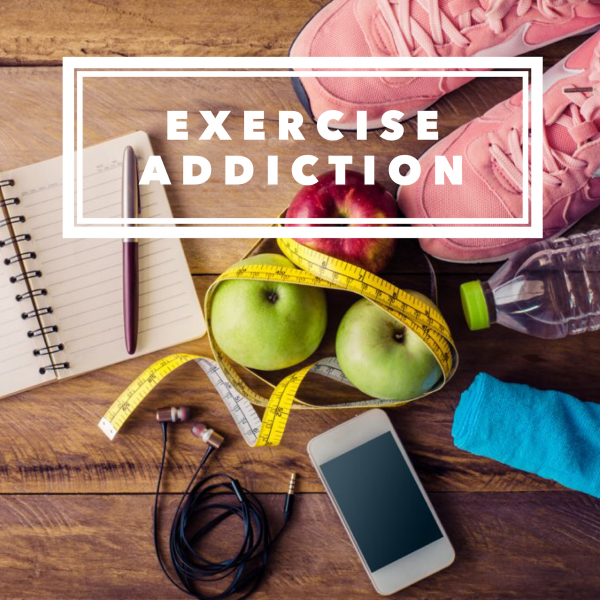

Exercise Addiction and When to Seek Help
Exercise addiction is often overlooked due to the idea that “exercise is part of a healthy lifestyle”. However, exercise addiction can be a serious addiction that can negatively impact a person both physically and mentally. Exercise addiction can also be a very serious diagnosis and is officially diagnosed as a form of Bulimia called Exercise Bulimia. Exercise Bulimia is diagnosed when an individual is using exercise as a means to compensate for food intake and the following criteria are present:
- Prioritizing exercise which in turn negatively impacts major areas of life
- Neglecting important responsibilities such as work, school and social life
- Intense anxiety is present when exercise is not available
- Feelings of intense shame and guilt when unable to exercise
- Obsessive and compulsive thinking is present when exercising
- Unable to take a rest day when physically ill or tired
- Restricting caloric intake on days when exercise is not present
- Feeling irritable or angry when unable to exercise
Consequences of Exercise Bulimia and Exercise Addiction
- Unable to maintain healthy relationships
- Feelings of anxiety and depression
- Isolation
- Loss of energy
- Possible reproductive consequences in females (loss of menstrual cycle)
- Arthritis and other inflammatory issues
- Dehydration and electrolyte imbalance
- Frequent injuries due to exercising
When to Seek Help
It can be difficult to determine when exercise addiction is present because exercise CAN be a part of a healthy lifestyle. It is also important to point out that there are many BENEFITS of exercise both physical and mental. However, it is pretty clear when exercise becomes an addiction and shifts from being a healthy outlet to an UNHEALTHY behavior and obsession. When I suspect exercise addiction in an individual I will ask them to identify ways in which exercise is negatively affecting their thinking, physical health, eating behavior and social life. If negative consequences are present in any of these areas; work needs to be done surrounding their relationship with exercise. Exercise is supposed to be a healthy outlet that helps us to relieve stress, take care of our bodies and increase our mood. If exercise has become a chore, an obsession, or anxiety causing-exercise addiction is most likely present and should be addressed by a professional. It is possible to CHANGE your relationship with exercise and break free from exercise addiction.

